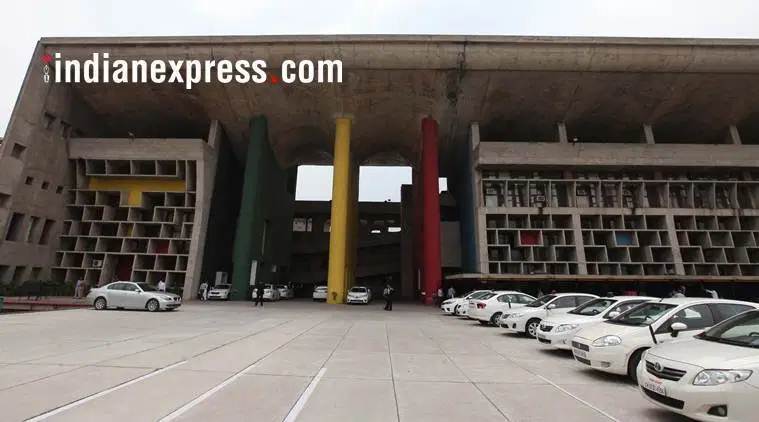 The HC verdict came on an appeal filed by convict Sunny against the trial court judgment and the reference made by the Rewari sessions court regarding the death sentence.
The HC verdict came on an appeal filed by convict Sunny against the trial court judgment and the reference made by the Rewari sessions court regarding the death sentence.
The Punjab and Haryana High Court has commuted the death sentence of a youth from Uttar Pradesh, who was convicted in December 2018 for rape and murder of an 8-year-old in Rewari, to life imprisonment and ordered that he would have to mandatorily serve a minimum 20 years in jail without being entitled to any remission or commutation.
A Division Bench of Justices Rajiv Sharma and Gurvinder Singh Gill, in its verdict said the case does not meet the parameters laid down by the Supreme Court to justify imposition of the death sentence.
The HC verdict came on an appeal filed by convict Sunny against the trial court judgment and the reference made by the Rewari sessions court regarding the death sentence.
“On balancing aggravating and mitigating circumstances…the present case does not fall under the category of `rarest of rare’ case i.e. there being no alternative but to impose death sentence. However, the present case would fall within the special category of cases, where the appellant should be directed to suffer sentence for life i.e. till his natural death, without remission or commutation under Sections 432 and 433 Cr.P.C., 1973,” the division bench said in the verdict dated February 3.
Nineteen-year-old Sunny, who hails from UP, in June 2018 raped and killed the minor girl when her parents had gone out to buy medicine for their son. After murdering the minor, Sunny hid her body in a wooden almirah in his room. “Her hands, mouth and neck were found tied with cloth and blood was oozing out from her private parts and she had also passed stool,” as per the complaint made before the police. He was convicted under Sections 302 and 376A of the IPC and sentenced to death under both offences.
The Division Bench while upholding the conviction said nothing could be brought on record during cross-examination to doubt the fact that Sunny was present at the spot when the minor’s parents returned to the rented house, where he also lived in a separate room. The consistent statements of the witnesses regarding Sunny’s demeanour also added to the suspicion against him, added the court.
“The appellant could not show anything so as to nurse any kind of doubt about the factum of recovery at his instance from an almirah lying in the room of the appellant. It is no doubt correct that the witnesses are the complainant and his wife apart from police officials, but in the absence of there being any motive for falsely implicating the appellant, this court does not find any ground for doubting their testimony especially since it is a case where the body was recovered soon after the victim was found missing and the police officials are fairly senior ranking officers including SHO,” ruled the bench.
The bench also said that the prosecution case regarding rape is also corroborated by medical evidence. The recovery of the body of victim from an almirah in his room is one such fact, which hardly leaves anything to be explained especially when the accused himself has also not chosen to render any explanation.
“The factual position in the present case, when examined in light of the above referred medical evidence leaves more no manner of doubt that it is the accused and only the accused who had committed rape upon the victim and had later killed her. There is no scope for drawing any other inference as all the facts point to one and only one conclusion that it is the appellant who had committed the gruesome offences,” reads the judgement.